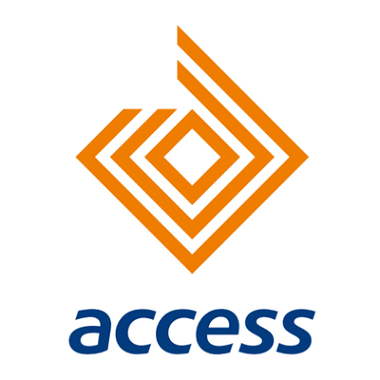Access Bank Plc has authorised its professional financial advisers and partners to launch the process that is expected to lead to issuance of a new Eurobond.
Access Bank at the weekend stated that it has mandated Citi, JP Morgan, Renaissance Capital and Mashreq Bank as joint bookrunners as well as Chapel Hill Denham and Coronation Merchant Bank as Joint financial advisers to set-up a global investor call today towards the issuance of a new Eurobond.
In a regulatory filing at the Nigerian Exchange (NGX) Limited, Access Bank stated that the global investor call is a step towards the issuance of additional dollar-denominated tier-1 Eurobond under the bank’s global medium-term note programme, subject to market conditions.
Key extracts of the audited report and accounts of Access Bank for the six-month period ended June 30, 2021 showed that gross earnings rose by 14 per cent from N396.8 billion in first half 2020 to N450.6 billion in first half 2021.
The bank’s top-line remained anchored on its core banking activities with interest and non-interest income accounting for 71 per cent and 29 per cent respectively. Profit before tax the period rose by 31 per cent from N74.3 billion to N97.5 billion. After taxes, net profit rose by 42 per cent from N61 billion in first half 2020 to N86.9 billion in first half 2021.
The overall profitability outlook was driven largely by a robust growth across income lines and increasing operating cost efficiency. The bank’s core business interest income rose by 30 per cent growth while net fee and commission income grew by 45 per cent. Meanwhile, interest expense slipped by 0.7 per cent.
The bank’s balance sheet closed June 2021 at N10.1 trillion, 16 per cent above N8.7 trillion recorded at the end of the year ended December 31, 2020. Net loans and advances also increased from N3.6 trillion in December 2020 to N4.0 trillion in June, this year.
Despite loan increase, non-performing loans (NPL) ratio remained flat at 4.3 per cent, below the industry’s benchmark of five per cent. The bank’s capital and liquidity ratios remained well above regulatory benchmarks, with a Capital Adequacy Ratio (CAR) of 21.3 per cent and a Liquidity Ratio (LR) of 50.7 per cent, which enabled the bank to drive its aggressive growth strategy.
Further analysis showed that cost-to-income ratio declined by 5.70 percentage points to 60.1 per cent in first half 2021 as against 65.8 per cent in first half 2020.
A breakdown of the top-line indicated that retail banking business grew by 24 per cent from N95.8 billion in first half 2020 to N118.6 billion in first half 2021. These included 46 per cent increase in interest income and 37 per cent growth in revenue from channels and digital businesses.
The strides in retail business drove savings deposits up by four per cent to N1.4 trillion in June 2021 from N1.3 trillion in December 2020. Cost of funds reduced to 2.9 per cent in first half 2021 as against 3.7 per cent in first half 2020.
